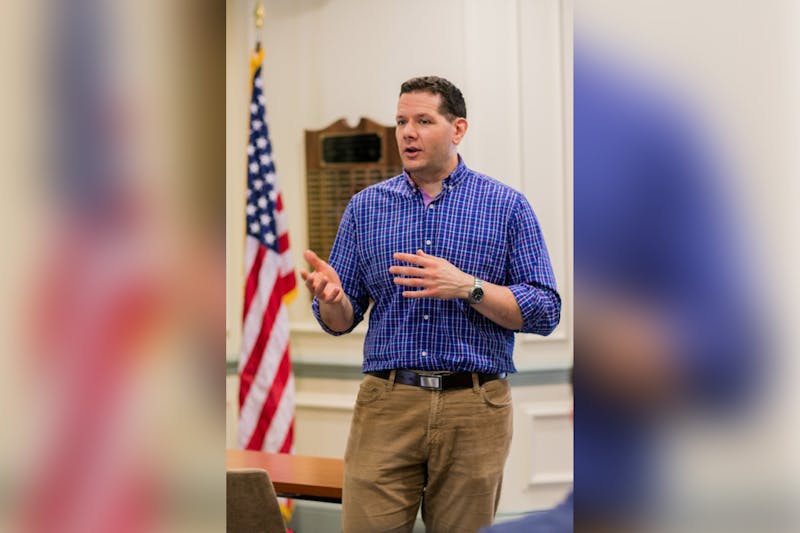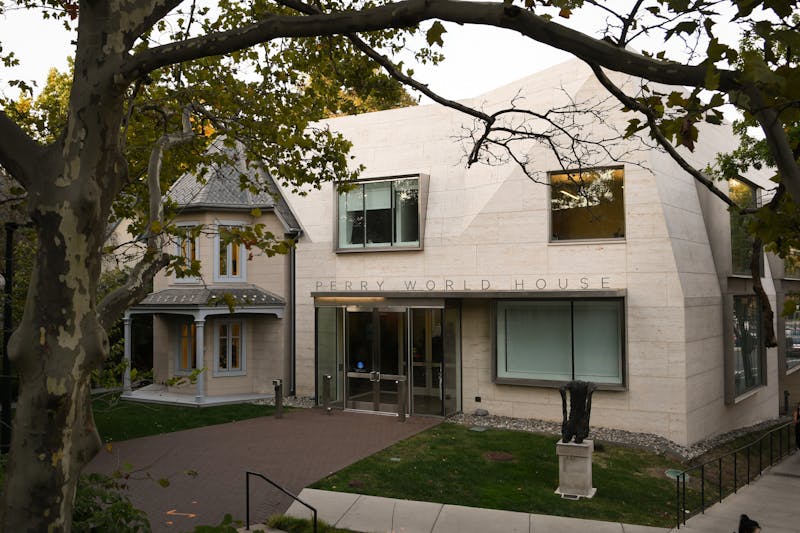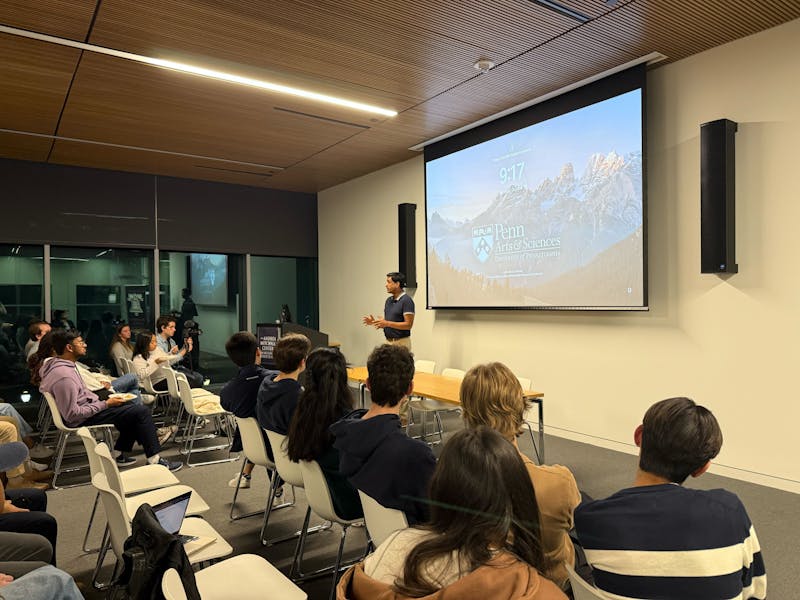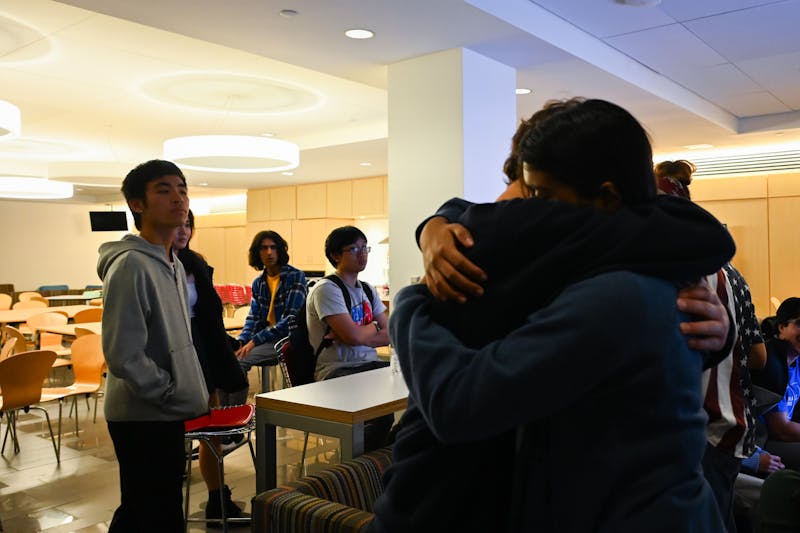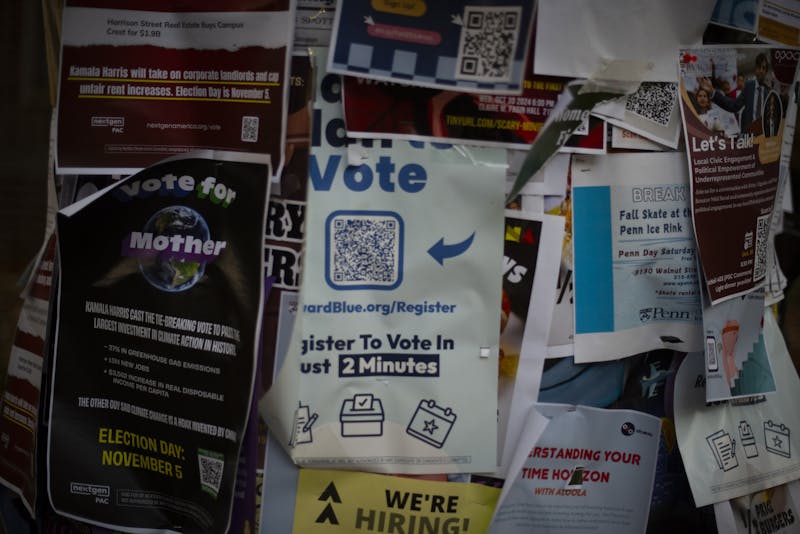
Despite being excluded from the United States' electoral process, several of Penn's international students voiced fears and concerns about 1968 Wharton graduate Donald Trump's election to a second term as president.
The election of Donald Trump, a former president and now president-elect, has sparked anxiety among many Penn students. In response to his victory, several professors canceled classes or rescheduled assessments. While Penn's campus overwhelmingly supported Vice President Kamala Harris over Trump, international students at Penn — who may be especially affected by his policy proposals — were unable to vote in the election, as they are not American citizens.
College senior Alexander Krastev, who currently serves as the president of the Assembly of International Students, told the DP that Penn's international students have experienced a general feeling of disconnect from the election.
Despite this disconnect, he emphasized that the primary concerns for international students following the results were student visas and continued access into the United States. Though Trump has not made any firm commitment of what policies he may enact pertaining to H-1B visas or work visas, Krastev suggested that career prospects might be compromised for the international student community.
“A potential concern and something that international students would think about naturally is finding jobs or staying in the U.S. after graduation,” he said.
Krastev also noted a significant difference in voter attitudes between his home country of Bulgaria, other European countries, and the United States. He said that in the U.S., there is a strong "all-or-nothing" approach to elections, whereas — in Bulgaria and many other European countries — there is less polarization.
A College first year and international student, who requested anonymity out of fear for personal safety, said they were worried about the election's potential consequences for both themself and Penn's broader international community.
The student, saying that research opportunities are more limited for international students than domestic students, expressed concern that the opportunities might become even more restricted following the change in administration.
"I feel like my opportunities here [for] research are even less than for [domestic] students,” they said. “If they change the policies related to that … I don’t know what’s gonna happen with my career.”
Wharton first year Anita Vasserman, who hails from Canada, expressed concern about the potential impact of Trump's proposed policies on her friends' reproductive rights. She is worried that, if implemented, these policies could also influence reproductive freedoms in Canada given some Canadian politicians' conservative views.
“I'm Canadian myself, and we know that whatever happens in the U.S. influences what happens in Canada,” she said. “So as the U.S. becomes more right, so does Canada, and with that, there are some fears.”
Vasserman also said that she and her Canadian friends had hoped for a female president in the United States, believing it could inspire similar change in other Western countries.
The College first year added that they and their international friends typically avoid expressing their opinions about American politics in front of others, instead choosing to discuss them among themselves.
“Sometimes people may think that we don’t have the right to speak about that,” they said.
Editor's Note — April 15, 2025: This article has been updated to remove the name of an individual quoted out of concern for personal safety.
The Daily Pennsylvanian is an independent, student-run newspaper. Please consider making a donation to support the coverage that shapes the University. Your generosity ensures a future of strong journalism at Penn.
Donate







